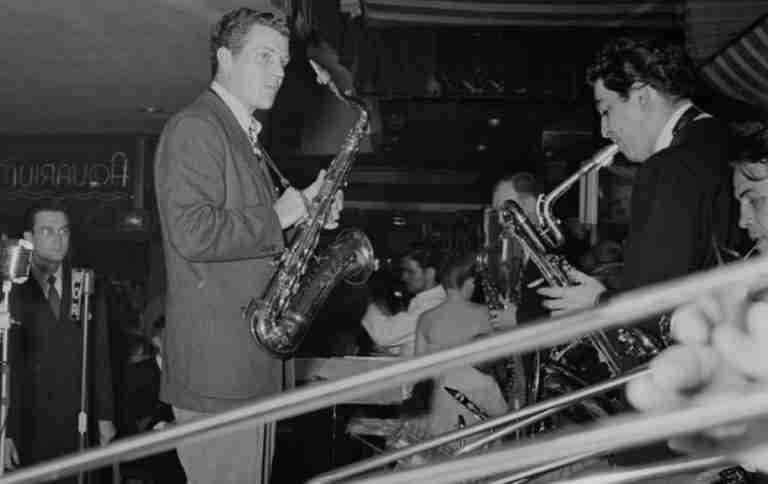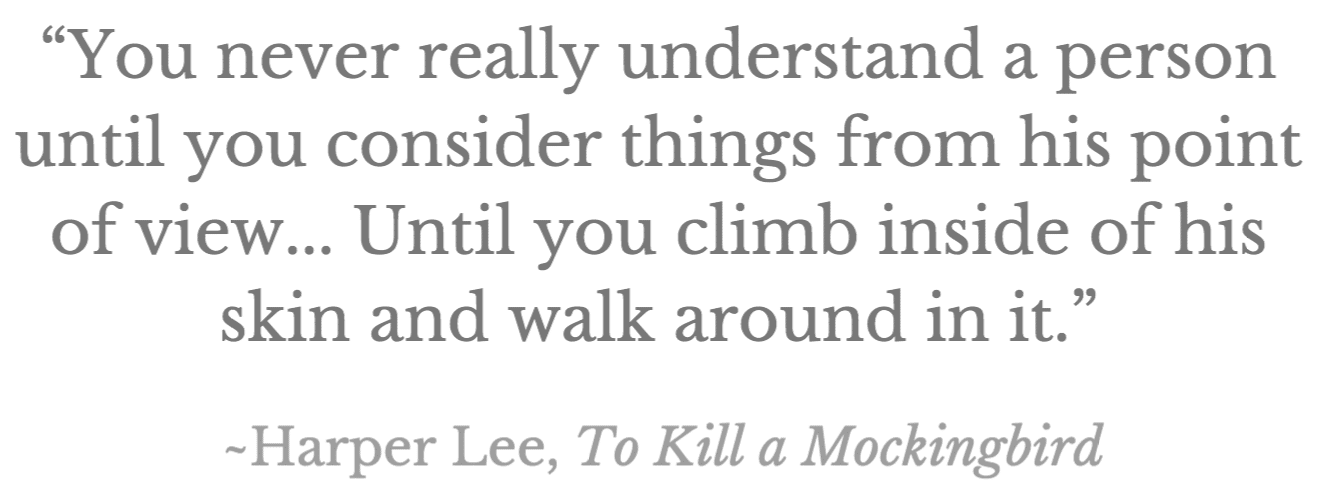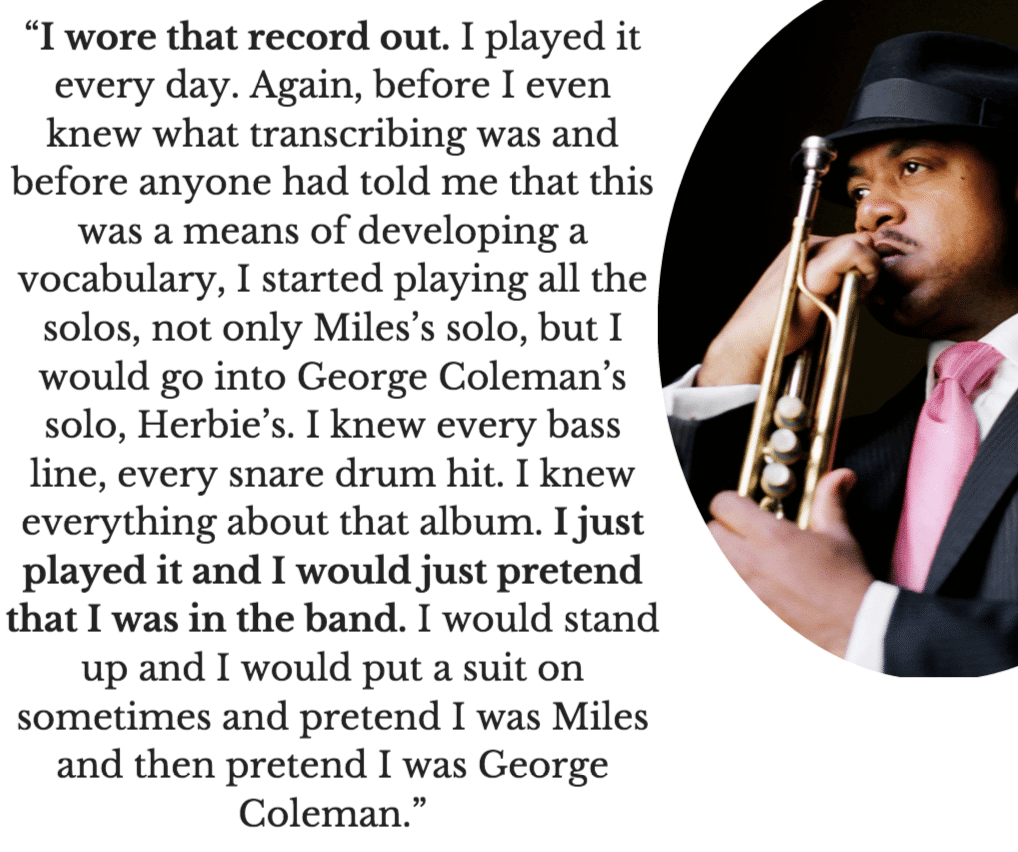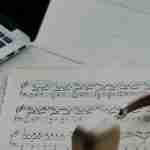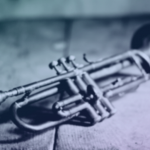Here’s a thought. What if you could go back in time and take a lesson with John Coltrane? Yes, that John Coltrane. I mean drive up to his home in Dix Hills, knock on the door, politely say hello to his wife, and walk in past the stacks of staff paper and saxophone mouthpieces into his personal practice room.
Imagine if you could learn first hand his approach to improvisation. To see music from his point of view, directly from the source…
Here’s the thing: you can.
I know that probably sounds crazy, so let me explain…
You don’t know a man until you walk a mile in his shoes
The main struggle for anyone trying to learn to improvise or play jazz today, is that you’re attempting to learn a music that’s mostly living on recordings.
If you think about it, many of the most influential musical masters have been gone for 30 years or more. So how do you, sitting here reading this, learn to improvise?
Sometimes the closest you can get to your favorite musicians is a biography, a collection of their transcribed solos, a stack of recordings or a text book with an academic analysis of their harmonic techniques.
But until you get inside their music, until you connect with them personally, you’re not even scratching the surface…
Casually listening to a recording is one thing. But like an outside observer, you’re just taking your best guess at what’s happening. If you want to get the secrets, you’ve got to dig even deeper…
Enter transcribing
For years jazz musicians and creative musicians from all styles of music have been learning music through transcription.
This is not a modern phenomenon. Everyone from Charlie Parker and Miles Davis to Trane and beyond learned from absorbing records.
But it wasn’t just to steal the notes and move on.
For serious musicians, transcribing goes beyond simply writing out the notes to a solo. The real benefit happens in the process.
When it’s just you, your instrument, a quiet room and a recording of your favorite player.
It happens when you stop thinking about the notes, close your eyes, and immerse yourself in the sound.
~Nicholas Payton on the record Four and More, interview by Ethan Iverson
When you don’t transcribe solos by ear you’re missing something crucial to learning how to improvise, but it’s not what you might expect.
It’s not the notes or the licks – you can find those anywhere. What you’re missing is much more important…
You’re missing the experience of a mentor showing you exactly how to play.
The secret lies in imitation
Imitation is the key to learning the subtleties of musical expression.
And the good news is that it comes naturally to all of us.
The reason that you can speak and communicate with language right now is a direct result of imitation.
And the same is true of the language of music. If you want to communicate with your instrument you need to start imitating the great musical speakers. Check out this interview with Mark Turner in which he discusses what the transcription process means to him [14:20 in the video]:
“You find something you really enjoy, you love it…a lot of it is figuring out why is it that I like that person…what’s the connection between myself and this musician? And one way to do it is to figure out what do they actually play and feel what it feels like to play like them. So you really get a taste of the master taking you by the hand saying ‘This is how you play music’…Feeling it physically in your hands, writing it down, contemplating it, trying to assimilate it into yourself so that it feels natural.”~Mark Turner
When you put on a recording and get close to the speakers and learn a line by ear you discover something about that player…
Something that can’t be put into words or notated in rhythms and chord symbols.
You feel what it’s like to play the instrument like that person. It’s as if you inhabit their body for a moment and get inside their head. You truly experience improvisation from their perspective.
Imitating how their fingers were moving. Following along with lines they were hearing and absorbing the articulation and rhythm they were feeling.
This is the true benefit of transcribing. Bridging the time and space gap between you and the masters of this music. Getting inside the recording and becoming one with these players.
It’s more than the notes…
So turn on that recording of John Coltrane.
https://www.youtube.com/watch?v=nfZ-cCh-ar8This is your chance to take a private lesson. Just you and him, face to face.
Do you realize how lucky you are?
So open up your ears and let your favorite player show you the way!
